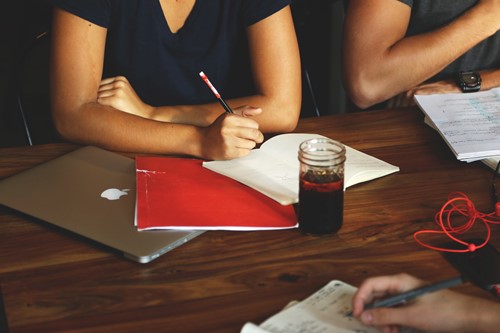Interview Etiquette
Suitable job etiquette plays an important role in an interview. Knowing how to dress, greet the interviewer, what you should bring and how you communicate. These factors can influence the outcome of the interview.

1 What to wear to an interview
This is an important factor as this is the first impression the interviewer has of you. Remember, first impressions are lasting impressions. Dress for the type of job you are applying for. If you are applying for a professional position then dress in business attire. If you are applying for a job in a more casual environment like a store or restaurant then it is important to be neat, tidy and well groomed.
2 When to arrive at an interview
It is important to arrive at the most 15 minutes early for an interview. Any earlier will be too disruptive to the employer. Review the logistics ahead of the interview to avoid being late. This extra time will allow you to stop and freshen up if need be or catch your breath and stay calm. Remember to stay calm because an interview can become more stressful when you feel rushed to get there on time.
3 What to bring to the interview
It is always good to be prepared for an interview. Make sure you know and understand the position you have applied for. Take extra copies of your resume with a list of references in case there are more people than expected. Also, you should bring a list of questions you would like to ask. This requires you to do some research first.
4 Greeting the interviewer
When arriving at the interview, you should introduce yourself to the receptionist, only if there is one. Let them know who you are and who you have a meeting with. You should greet your interviewer with a firm handshake, look them in the eye and introduce yourself. Also, be prepared for small talk, however, do not overdo it. Follow the interviewer’s lead and let them guide the direction of the conversation.
5 Responding to questions
Listen carefully to the questions, take time to phrase your responses, and ask the interviewer to repeat the question if you are unsure of what they are asking. Do not ramble when you respond, it is best to be brief. However, make sure that you have answered the question. Remember you are selling yourself to the interviewer.
6 Closing the interview
Nearing the end of the interview let the interviewer know that you think the job is an excellent fit for you and that you are really interested in the job. It is also fitting to ask what the next step is in the hiring process and when you are expected to hear. Lastly, thank the interviewer for the time that they have spent interviewing you.
These interview etiquettes could help improve your interview technique which will make a positive impression on the interviewer.